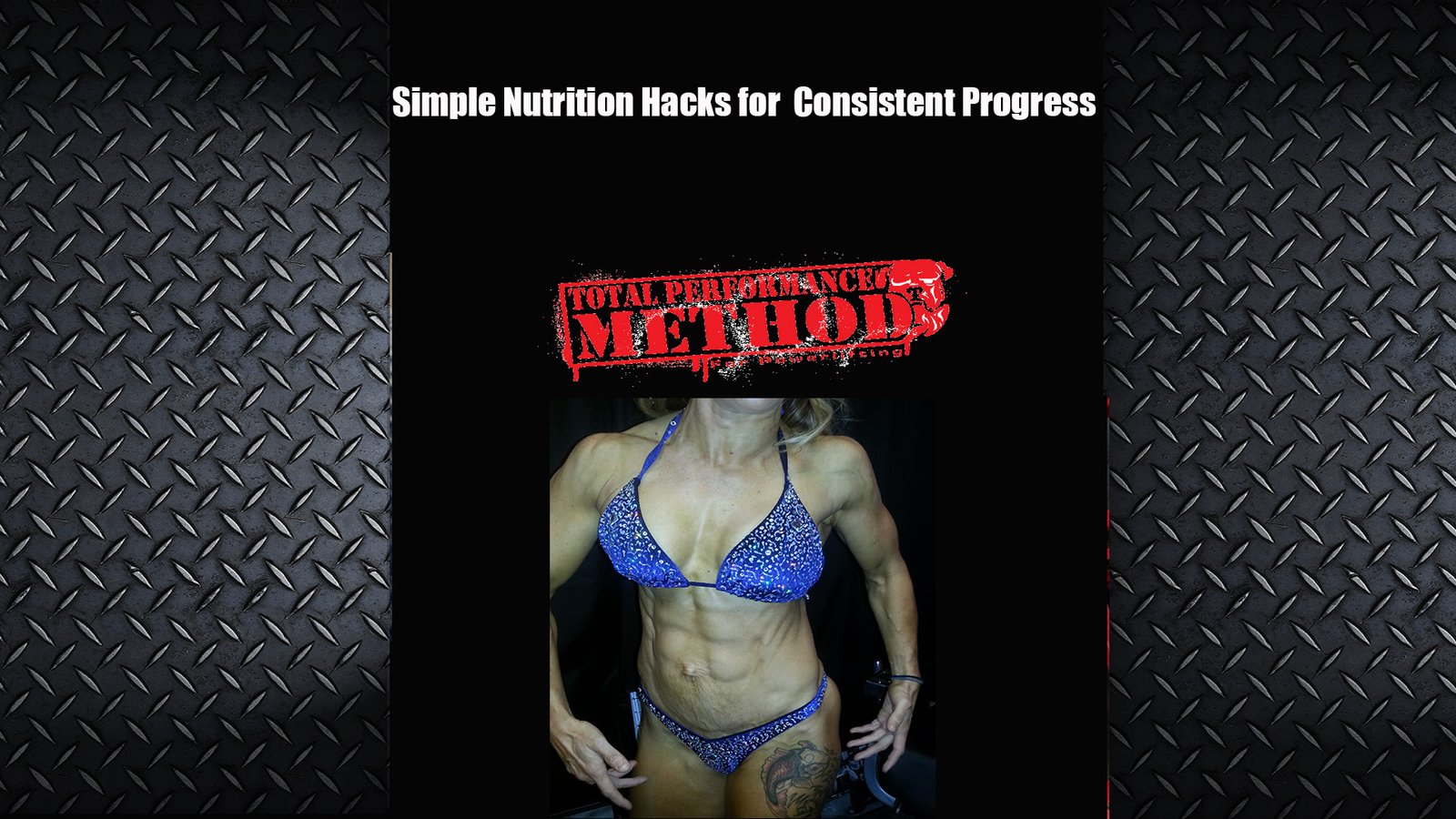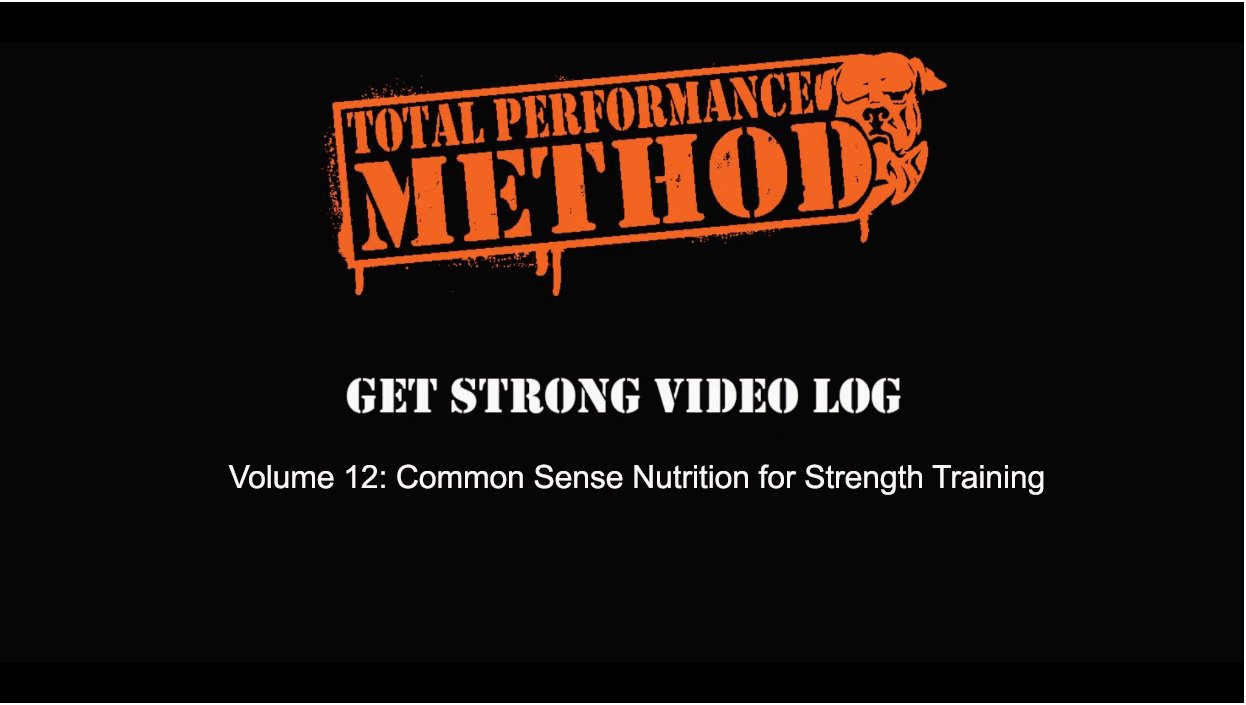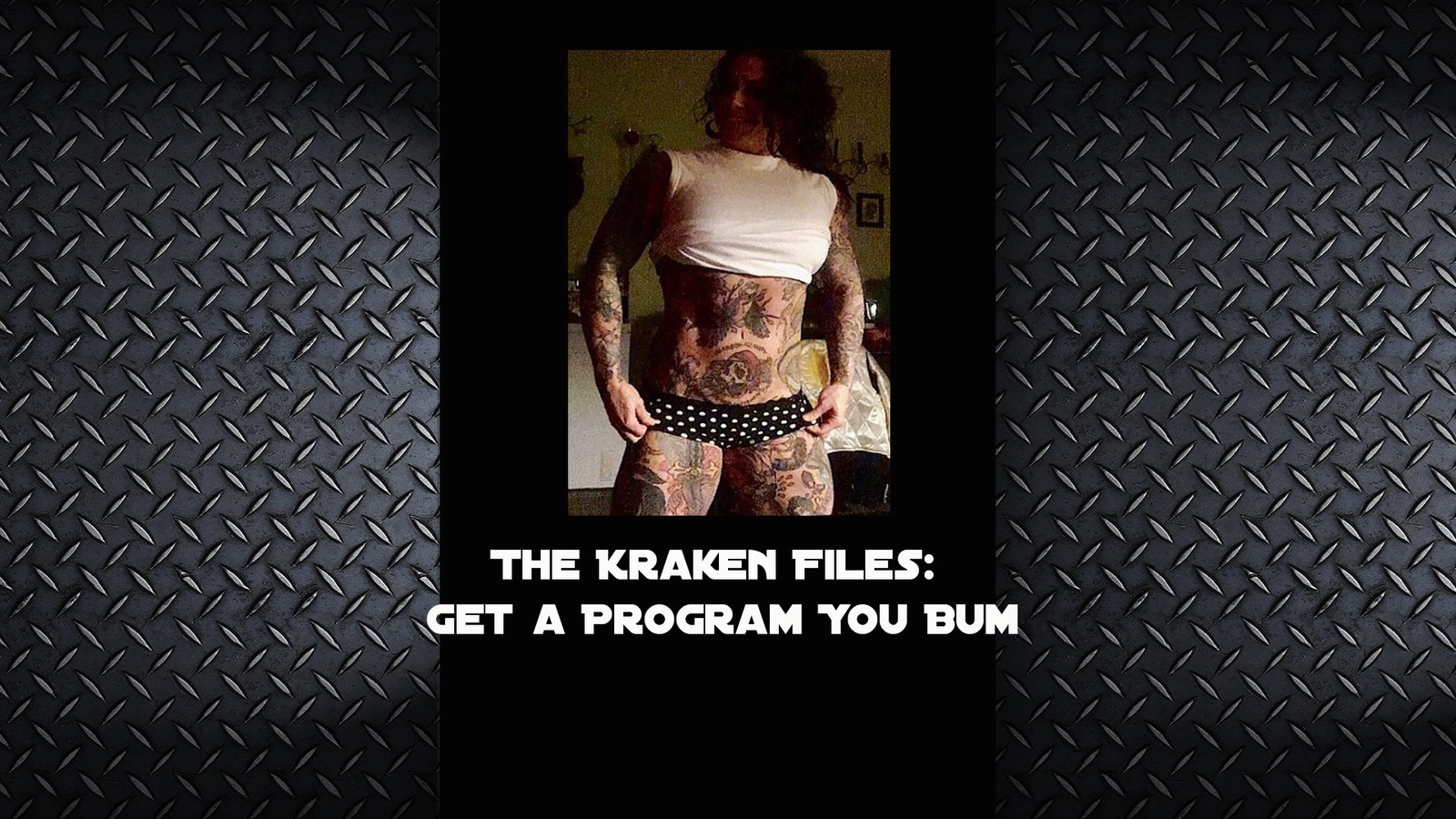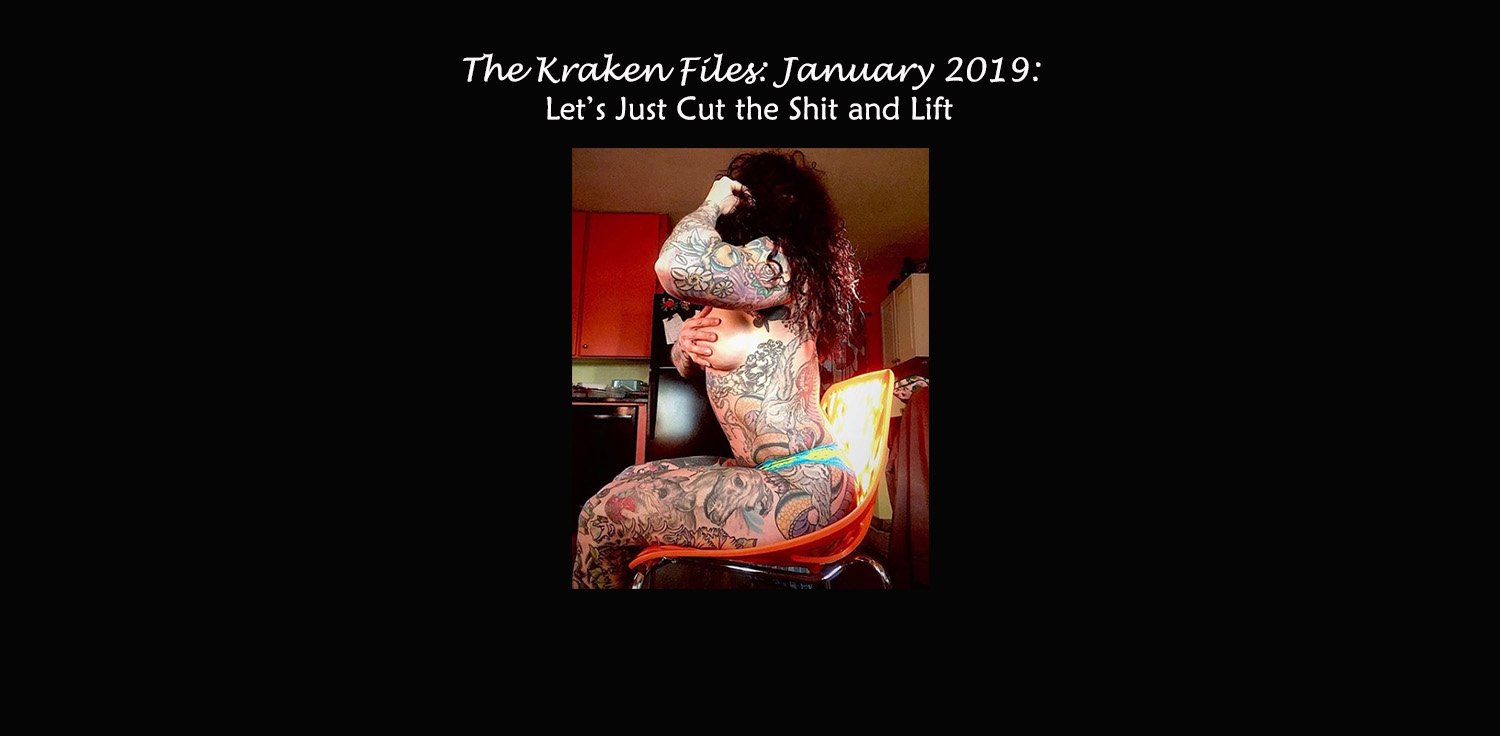Carb cycling is nothing new to bodybuilders but is not yet very common with nutritionists.
They seem to be behind the times when it comes to getting results. It appears that most of them prescribe a diet based on your weight and not much else. They use a cookie-cutter approach to weight loss and don’t seem to be too concerned with fat loss or increasing muscle mass. This makes no sense to me.
Carb cycling can be very confusing to many people so I’ll give you a concise explanation of what it is. For those of you interested in getting deeper into this subject, drop me an email and I can write something in-depth, or consider coming in for a nutrition consultation.
That said, carb cycling is simply rotating the amount of carbohydrates that you consume daily based on your activity level, goals, and body composition.
As we have discussed before, carbs are your body’s preferred source of energy. Carbs can be tricky, though. Consume too much and you won’t see the fat melt off. Consume too little and you won’t have any energy.
A very basic example of carb cycling would look like this:
- Monday: Weight training – medium carb intake
- Tuesday: Cardiovascular training – low carb intake
- Wednesday: Weight training – medium carb intake
- Thursday: Cardiovascular training – low carb intake
- Friday: Weight training – medium carb intake
- Saturday/Sunday: No training – low carb intake
Using this example, on weight training days when your caloric expenditure is highest, you eat the most carbs. Twice weekly, you eat a moderate amount of carbs and, once weekly, you eat a very high amount of carbs. On the days that you perform cardiovascular training or take a day off, you consume a very small amount of carbs.
Another important aspect of this is that on the days you eat a medium or high amount of carbs, you lower your protein intake. On the days you eat very little carbs, you increase your protein intake slightly, as well as your consumption of healthy fats.
The reason for this is that carbohydrates are considered “protein sparing” as it applies to fat loss and lean body mass gain. This is a fancy way of saying that a higher carbohydrate intake allows your body to do its job of supplying energy, repairing muscle tissue, and promoting fat loss without excess protein. Your body doesn’t need as much protein as the bodybuilding/fitness media says it does to get the job done. Too much protein or carbs or fat at the wrong time will be converted to body fat. It’s as simple as that.
On the days that you eat very little carbs, your body needs more protein to get through the day. Protein is the most difficult of all the nutrients for your body to convert to fat. Increasing it slightly on the days that you severely reduce carb intake will help you to build muscle and burn fat.
Carb cycling helps your body to eliminate its metabolic “set point.”
Most people eat roughly the same amount of calories every day without knowing it. Doing this causes your body to create a “set point” that keeps everything nice and stable where it is.
Without a change, you’ll go nowhere. No fat loss, no muscle gain, no improvement.
Let me know if you are interested in more on this topic and I’ll go into much more detail as to how to apply it.
This article was originally published on totalperformancesports.com
October 5, 2014








Leave A Comment